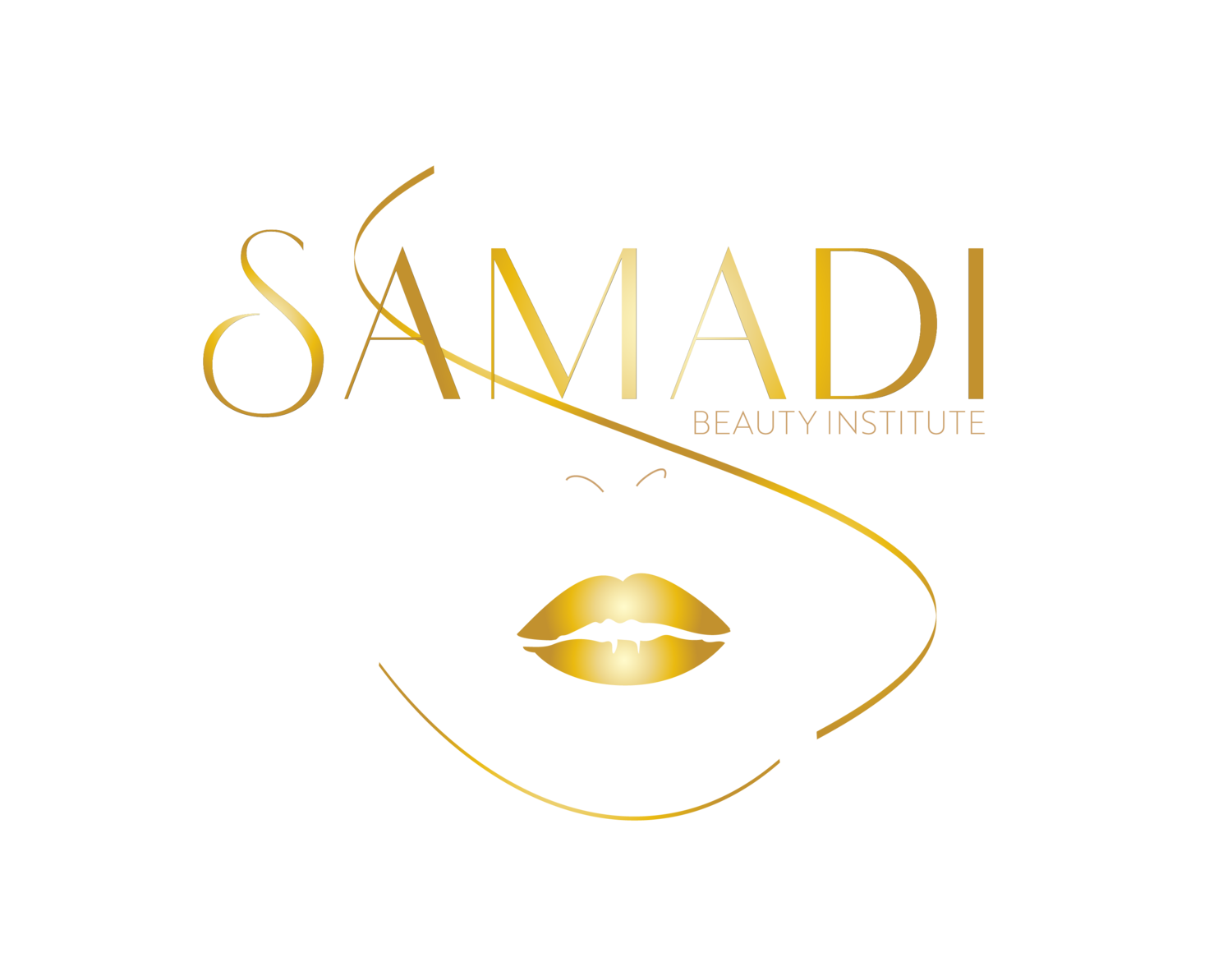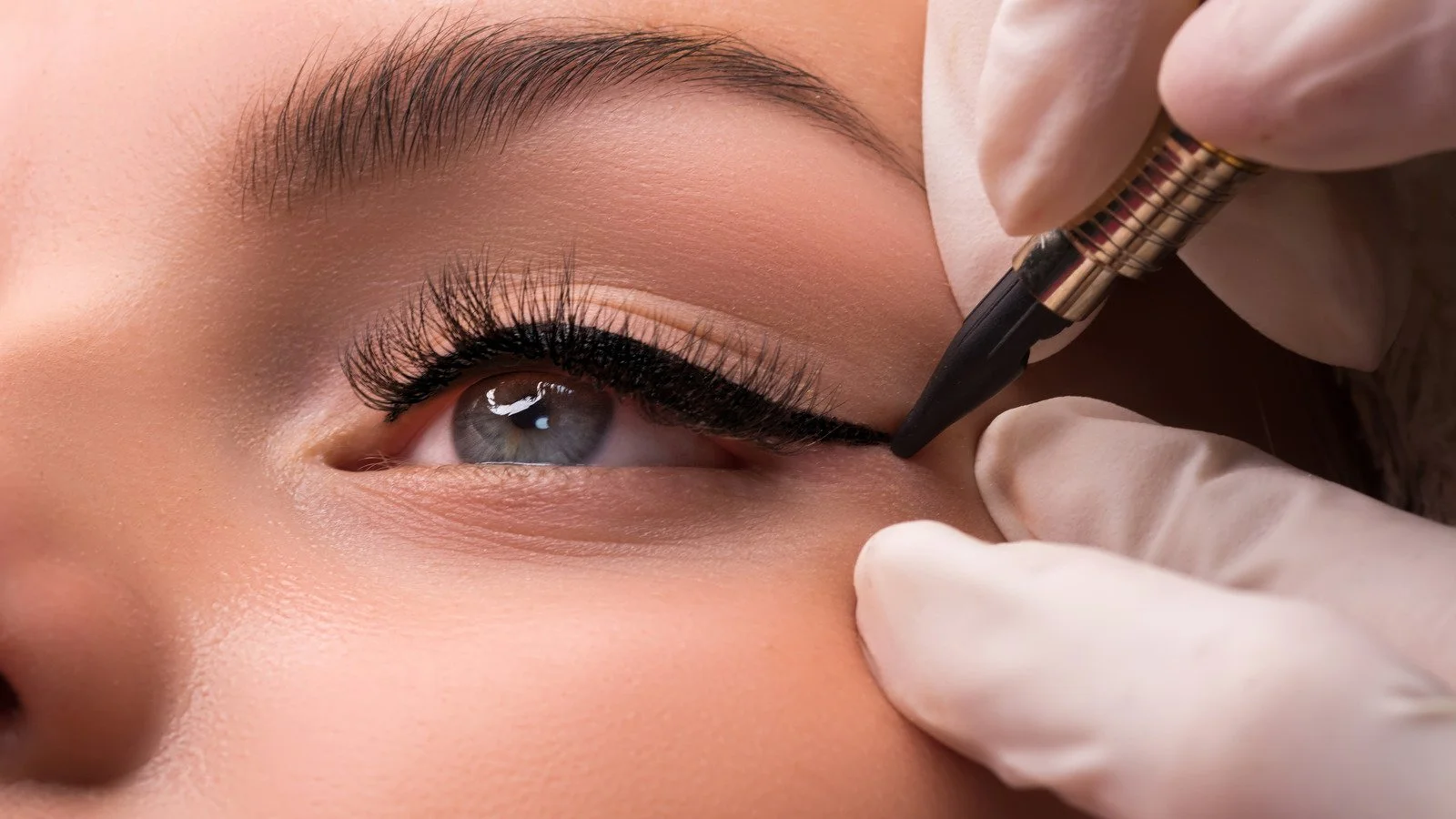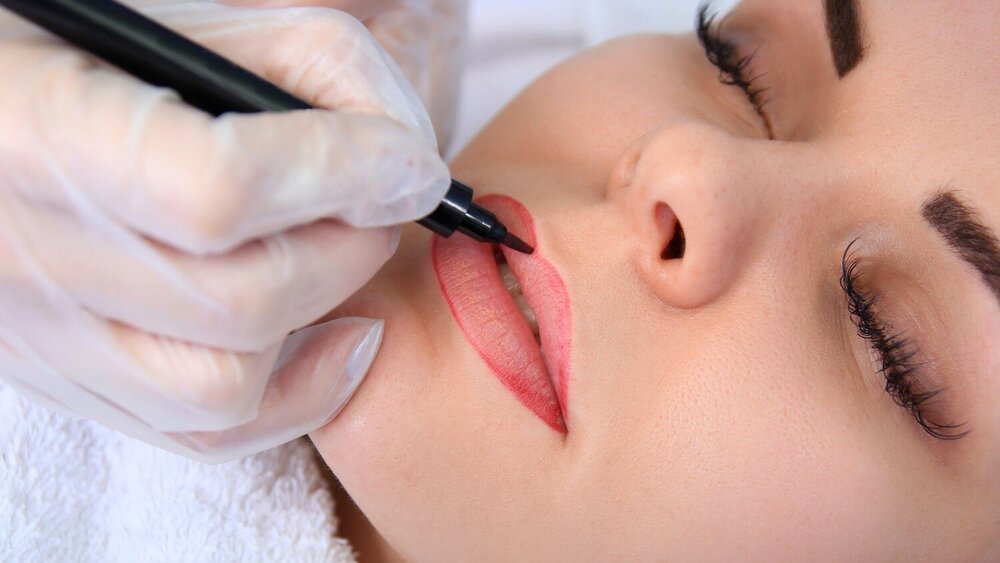PERMANENT MAKE-UP (PMU)
EYEBROWS EYELINER LIPS
PMU EYEBROWS
Not everyone is blessed with beautiful perfect and symmetrical eyebrows. Thin and/or irregular hair growth of the eyebrows is natural. There are many options to make it beautiful and perfect: by drawing them every day or having them perfected once with permanent make-up treatment and then having them touched up annually. With permanent make-up we create natural and subtle eyebrows. By injecting the pigment into the top layer of skin to correct shape, thickness and color.
Shadow Brows
In other words, powder brows is the most well-known technique. With this technique, the eyebrows are accentuated by applying a shadow under the hairs. Often different contrasts are used to create subtle and realistic eyebrows.
Hairstroke Brows
With this technique we draw hairs with a very fine pulsed needle. This technique is often used on people with no eyebrow hairs or partially no eyebrow hairs.
Hybrid-Pigmentation
Is a combination technique of shadow and hair strokes technique.
Every treatment includes a standard after-treatment, so you can expand your results to last.
PMU HEALING PROCESS
AFTER TREATMENT
AFTER THE HEALING
AFTER 6 WEEKS
AFTER THE AFTER-TREATMENT
PMU EYELINER
With permanent make-up we can optically enlarge our eyes and make our lashes look fuller. By pigmenting our lash line with a black color or another color. It can do both the upper lash line and the lower lash line. There is also a possibility to have a wing made.
Deepliner Up
Eyeliner just on the upper lash lid.
Deepliner Down
Eyeliner just on the lower lash lid.
Deepliner Up/Down
Full eyeliner on the upper and lower lash lid.
Eyeliner Wing
Get the perfect cat eye every time with out eyeliner wing treatment.
Every treatment includes a standard after-treatment, so you can expand your results to last.
PMU LIPS
Lips are an important part of our appearance. It expresses our face, when we talk or eat. With permanent make-up we can line our lips nicely or give them a nice natural color. This makes them appear fuller and symmetrical. There are several techniques for using PMU on the lips.
Lipliner
Here the lip liner is applied with a natural color. It is also possible to shade the inside of the contour line. This makes the lips appear fuller in a natural way.
Lipliner + Shadow
The price above includes VAT and one post-treatment. Every treatment includes a standard after-treatment, so you can expand your results to last.
Full Lips
As the name says, the whole lip gets pigmented with one color.
Glossy Lips
With this technique we provide an optical lip augmentation. By working with base shades and highlight shade. We create an illusion that the lips are fuller.
Every treatment includes a standard after-treatment, so you can expand your results to last.
AFTER CARE
After a permanent make-up treatment there is a healing time of about a week. General health and physical condition play an important role in this.
- Do not touch the pigment or as little as possible
- Keep the pigmentation dry for 3 days (water, lotions)
- Lubricate the treated area with the ointment that you received from the practitioner.
- After the treatment, scabs will form. Don't take it off. Let them come off by themselves, so you prevent scars and the pulling of pigment that is in the skin.
- Do not use cosmetics on the treated areas.
- Do not use chemical peels or fruit acid peels
- Do not use a tanning bed and avoid the sun. Use sunscreen with a high protection factor
- In case of extreme redness, swelling, bleeding, pus, color change of the wound or pain, always contact your doctor.
FAQs
-
Yes, we work with an extremely safe pigmentation device and approved color pigments. A new sterile needle is used with each treatment. In some cases, PMU is not recommended, which is why a consent form is always filled out first.
-
The shelf life of the treatment varies from person to person and can be shorter if you have very oily skin, bleed quickly or a lot during the treatment, are very blond, have a light color applied, have ever had PMU, or have had laser eyebrows. Normally it will last up to 1 year and then fade so it is important to have it updated annually.
-
• You have a herpes infection in the area to be treated.
• You are a diabetes patient (consult with your doctor).
• You have a skin condition
• You are pregnant or breast-feeding
• You have a fever/flu.
• You have used Accutane in the 6 months prior to treatment.
• You are taking corticosteroids (only with light maintenance doses it is possible with the approval of your doctor).
• You had botox or fillers in the area to be treated in the month prior to the treatment.
• You have pimples, inflammation, or skin rash in the area to be treated.
-
The first week after the treatment, no make-up is allowed on the treated area. Of course, you can do that again after a week.
-
The shape is visible, but the complete picture is not. In the first week, the pigmentation will be noticeably darker than the final result. Due to the natural cell renewal, the end result of the pigmentation will only be visible after a period of approximately 4 to 8 weeks. The color decreases by about 40% in intensity within a week.
-
No, basically they’re similar. With both, pigment is introduced into the skin by means of a needle and that is immediately the only similarity. The device, as well as the composition of the pigments and the techniques, are completely different.








